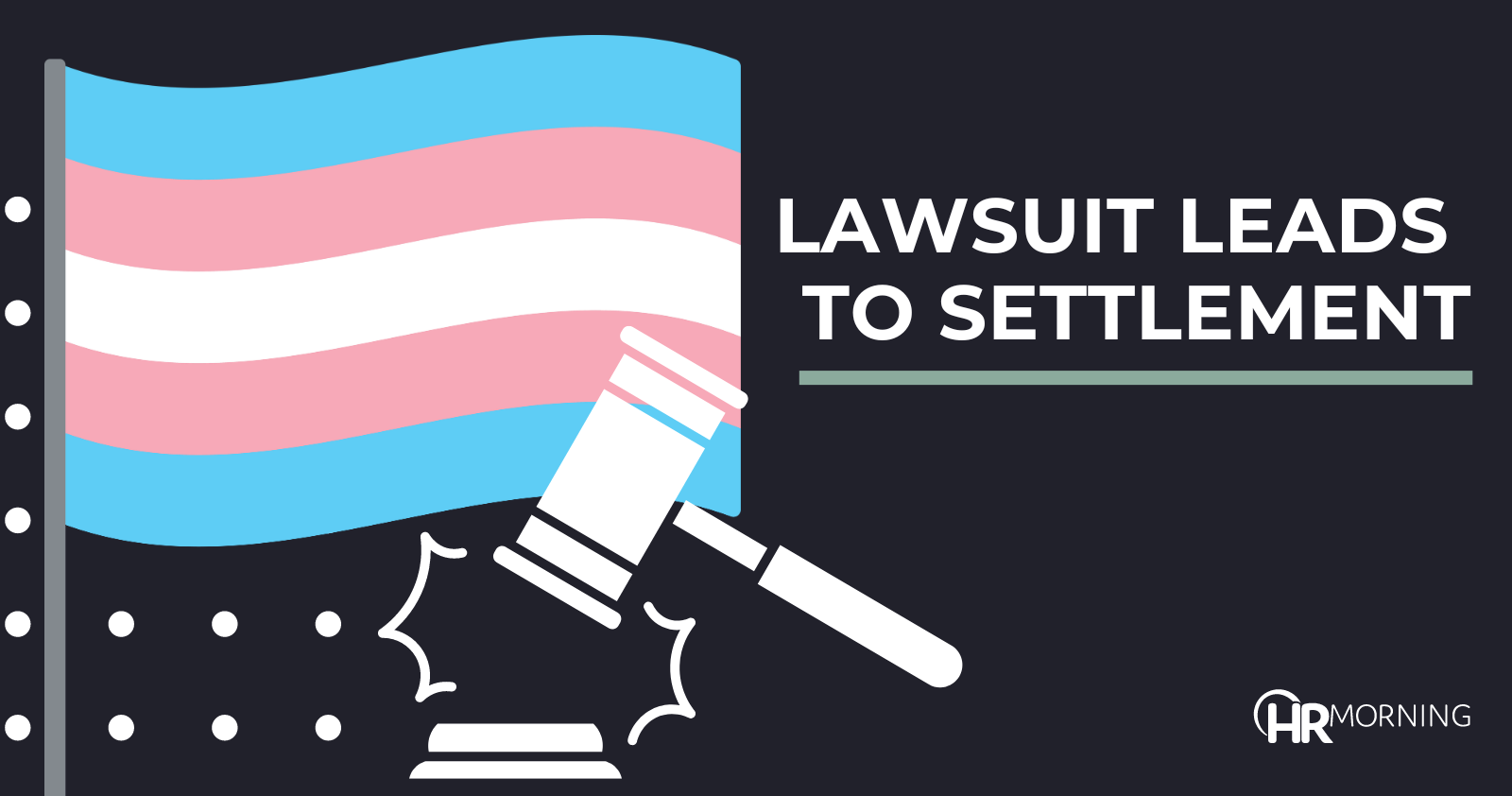A restaurant will pay $25,000 and take other steps to end a suit that accused it of unlawfully allowing one of its employees to endure transgender harassment.
The EEOC pursued the litigation on behalf of Quinn Gambino, a transgender man who worked as a cook for T.C. Wheelers, Inc., which operates as T.C. Wheelers Bar & Pizzeria.
The agency’s suit said that staffers and the owners of the Tonawanda, New York, restaurant verbally harassed Gambino at work. More specifically, the agency said staffers and owners made “crude and derogatory references to his transgender status,” such as by saying he “wasn’t a real man” and asking about his genitalia.
It also said the offensive behavior continued even after Gambino repeatedly reported it to his manager, and that Gambino was eventually forced to resign.
That alleged conduct violated Title VII, which bans sex discrimination based on gender identity and gender expression.
Payment and other relief
To end the suit, the employer agreed to pay Gambino $25,000 in back pay and compensatory damages. It will also implement new policies relating to discrimination and harassment, and it will have its owners, managers and employees complete relevant training.
Finally, it will provide reports regarding implementation of the settlement to the EEOC for three years.
In announcing the resolution, EEOC New York District Director Yaw Gyebi, Jr., said protecting LGBTQIA+ community members is “an important enforcement priority.”
Groundbreaking Supreme Court ruling
It has been clear since the U.S. Supreme Court’s 2020 ruling in Bostock v. Clayton County, Georgia that Title VII’s ban on sex discrimination includes a prohibition on discrimination based on one’s transgender status.
In that case, the Court essentially said that any discrimination that is based on homosexuality or transgender status necessarily is sex discrimination – effectively ending the debate as to whether discrimination based on “sex” means something less under Title VII.
And that means employers who allow such discrimination at work to go unchecked are vulnerable to liability for committing a Title VII violation.
6 important points on transgender harassment
Here are some important points to keep in mind when it comes to sexual orientation and gender identity discrimination in the workplace.
- Don’t operate under the severe misapprehension that federal law against discrimination does not ban discrimination based on sexual orientation or gender identity. As explained above, the opposite is true.
- The federal ban on this type of discrimination extends broadly to all aspects of the employment relationship, including hiring, termination, pay, promotions and fringe benefits. The way to think of it is this: It applies to any and all terms and conditions of employment.
- Examples of prohibited harassment include offensive remarks and jokes and shaming an employee for acting or dressing in a way that does not reflect the sex they were assigned at birth. The EEOC says intentional and repeated misuse of the wrong name and pronouns may contribute to an unlawful hostile work environment.
- While the goal should be to prevent even isolated and relatively minor instances of harassment, legal liability for the employer attaches only when the harassment is sufficiently frequent or severe – or when it produces an adverse action such as a termination or demotion.
- Don’t discriminate against an employee because a customer or client would prefer to work with someone who has a different gender identity or sexual orientation.
- Don’t retaliate against an employee based on their opposition to alleged sex discrimination, their filing of an EEOC charge or complaint, or their participation in an investigation, hearing or other proceeding that is related to the enforcement of Title VII.
A quick word about bathroom use
The EEOC has also repeatedly expressed the view that refusing to permit an employee to use the restroom that is associated with the gender they identify with is an example of prohibited discrimination under Title VII. In a federal sector case that predates Bostock, it decided in an administrative proceeding that the Department of the Army violated Title VII by restricting a transgender woman’s access to a women’s restroom.


